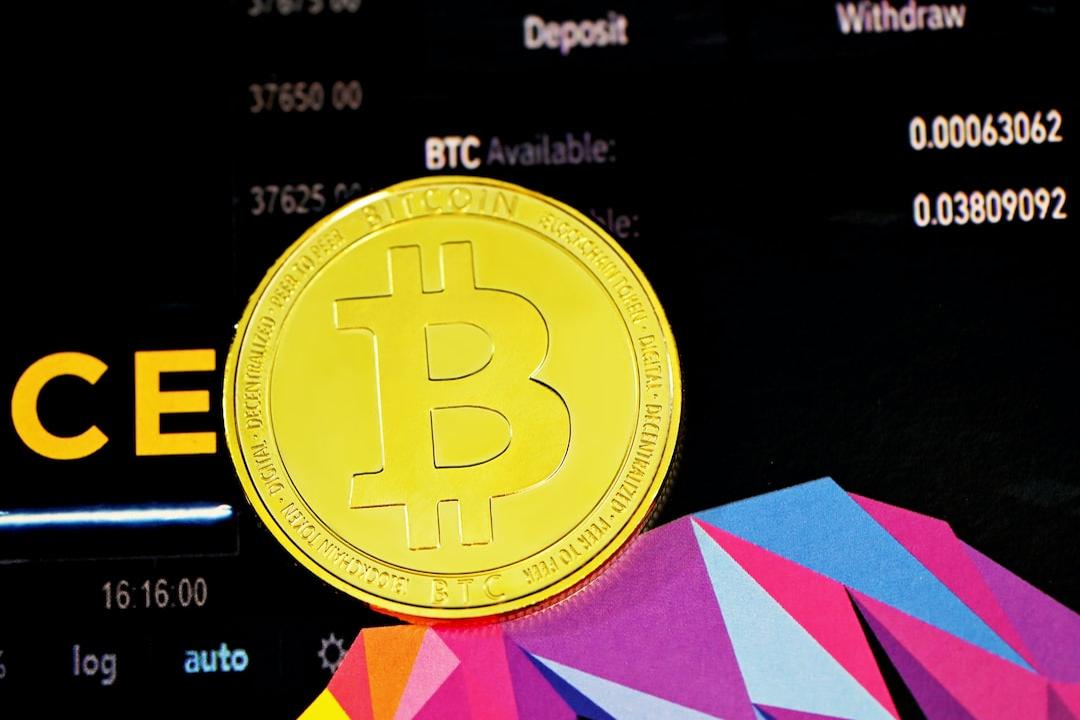Vodafone Aims to Utilize SIM Cards for Crypto Transactions on Mobile Devices
Telecommunications company Vodafone is embarking on a strategy to harness the potential of SIM card technology to meet the anticipated increase in demand for crypto transactions on mobile phones.
In an interview with Yahoo Finance Future Focus, David Palmer, Vodafone’s blockchain lead, disclosed that the company is actively working towards advancing the utilization of blockchain technology on mobile devices for managing crypto transactions.
Vodafone to Leverage Cryptographic Capabilities in SIM Cards
By utilizing the cryptographic capabilities embedded in SIM cards, Vodafone aims to integrate them with blockchain technology, thereby enabling seamless transactions.
Palmer envisions a future where approximately 5.6 billion blockchain-based digital wallets will exist by 2030, acting as gateways to financial services. He specifically highlighted the growing speed and security of public blockchains such as Ethereum.
However, he acknowledged the need to address regulatory obstacles, particularly in the context of mainstream financial services and the existing restrictions related to sanctions on the use of public blockchains.
A notable innovation from Vodafone in this area is the PairPoint Digital Asset Broker platform. Palmer explained that PairPoint facilitates transactions between public blockchains like Ethereum and private blockchains like Onyx by JPMorgan, which utilizes smart contracts to enable seamless integration. The platform acts as an intermediary for large enterprises seeking to write to a public blockchain, with the transactions securely logged on Vodafone’s blockchain. Smart contracts, leveraging features like account abstraction, facilitate cross-chain interoperability.
Vodafone’s Experience with P2P Micro-Payment Transactions
Vodafone’s journey in this field began with early experiments involving peer-to-peer micro-payment transactions. Subsequently, the company merged SIM card technology with blockchain, introducing interoperable “digital identity passports.” These passports, anchored on the blockchain, securely store private keys to digital wallets within the SIM card’s hardware module.
This progress eventually led to the development of Vodafone’s PairPoint platform, which offers decentralized digital identities to Internet of Things (IoT) devices, enabling them to function across various organizations and systems.
Palmer illustrated the potential applications of this concept, envisioning scenarios where devices equipped with hardware wallets can independently authenticate and execute transactions. For example, an electric autonomous vehicle could autonomously pay for its charging at a charging station.
However, Palmer stressed the importance of securing these wallets against cyber threats, recognizing that they would be prime targets for hackers.
In October of last year, Vodafone’s Digital Asset Broker (DAB) announced a collaborative proof of concept with Chainlink Labs, Sumitomo Corporation, and InnoWave. The initiative aimed to address existing challenges in the $32 trillion global trade ecosystem. The partners revealed their efforts to enhance the exchange of vital trade documents across multiple platforms and blockchains, with a focus on security and interoperability.
Follow Us on Google News


